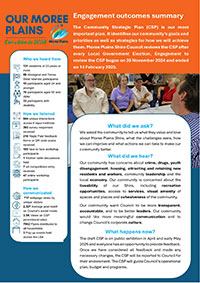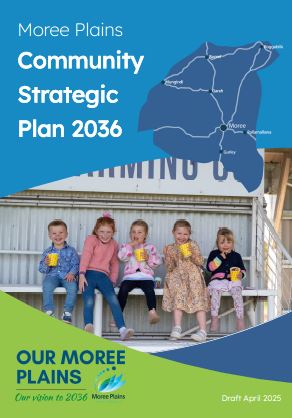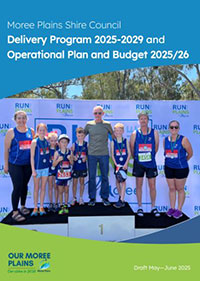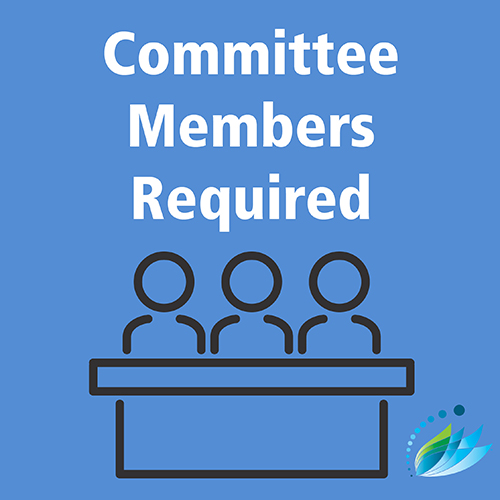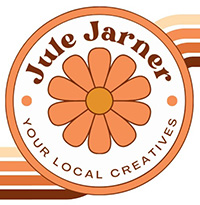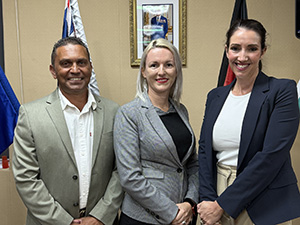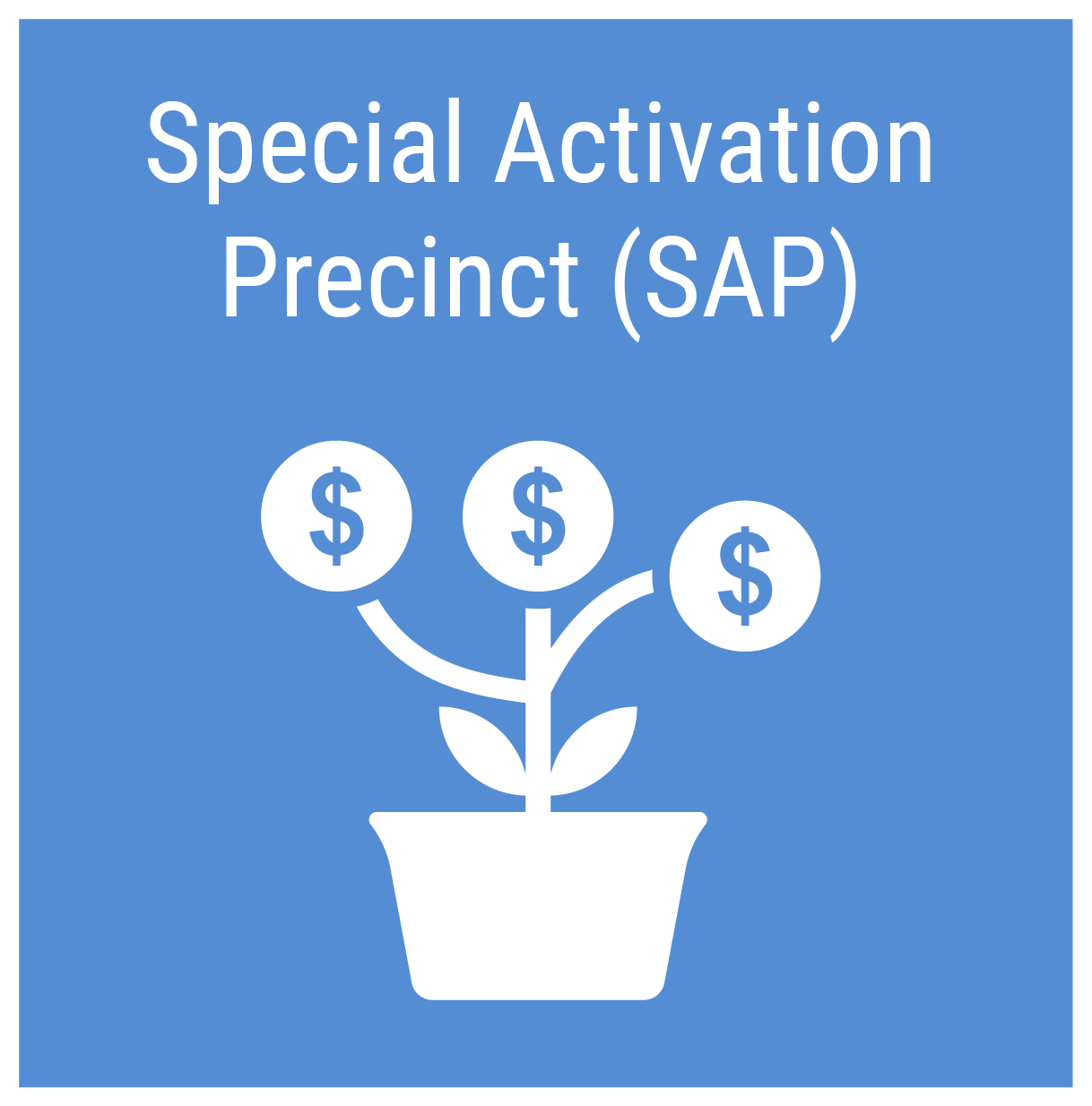Tips for writing your Application
Your Resume
The following information should be contained in your resume:
- Employment History – stating each former employer's name, the period of employment with that employer (from start date to end date), the position held by you and whether it was casual or permanent. A description of duties also helps us understand the role you undertook with each employer
- Educational History – this should include trades, certificates and diplomas. List the qualification, the institution where studies were undertaken and year it was completed. If you are currently studying, list the subjects that have been completed to date
- Training Courses – list the types of training undertaken, the training group (ie TAFE) and the year completed
- Licences – this should include licences and certificates such as Work Health and Safety certificates, first aid, truck and forklift licences. List the name of the certificate/licence, the number, the issuer (Road and Maritime Services, Workcover) and year it was completed.
- Two Referees – a referee is a person who we can contact to discuss your personal or work history, which ideally one should be a supervisor from a previous role. You can also list a colleague, a person you have worked closely on a project (professionally or as a volunteer), a teacher or school principal, customer or client. List the referee’s name, your relationship to them (ie: supervisor, volunteer), their position, company and daytime telephone number. You cannot use Elected Members (Councillors) as referees or references, or canvass them for jobs. LINK TO PRE EMPLOYMENT CHECKS
Please do not attach original copies of certificates or qualifications of education, training or licences. You will need to produce the originals at the interview.
Addressing the Essential/Desirable Criteria
To maximise your chance of gaining an interview for the position, it is important that you address the essential and desirable criteria, as well as work skills and experiences.
If you do not show how you meet the essential criteria your application is unlikely to be considered any further.
The selection panel cannot overlook any of the essential criteria and it cannot add any new criteria not included in the advertisement. If a large number of applicants meet all the essential criteria, the selection panel will compare all the applications and choose for interview those applications that best meet the criteria. The best way to address the criteria is to list each item as a heading and underneath describe your experiences. It is not enough to say, “I work well within a team environment”. You need to describe situations you have been in. For example, describe how you completed a certain task with work mates, worked with voluntary groups to achieve a goal for the community etc. You could also demonstrate experience with previous work history by outlining responsibilities of the job.
Introduction Letter (cover letter)
The point of the cover letter is to introduce you to the selection panel and respond to the requirements of the job.
You should include:
- Your name, email address and phone number
- The name of the business and the contact person
- The date you wrote the letter
- A reference line (e.g., "Re: Application for Administrative Assistant position")
- An address to the reviewer directly (e.g., "Dear Mr Moyle" - try to avoid using "To whom it may concern" if you can)
- An opening statement that briefly introduces you to the reader
- A paragraph that summarises your experience and skills
- A list that clearly outlines how you meet each requirement of the job (use one bullet point for each requirement and make sure each bullet point is no more than two lines)
- A closing paragraph asking to arrange an interview and sign off with your handwritten signature
Other things you can mention in your cover letter include:
- General skills that help you work in a team and as part of an organisation
- Personal attributes that will help you learn to work in a professional work environment
- Key strengths and contributions that show you are a stand-out applicant
- School work experience or volunteer work that demonstrates your strengths and attributes
- Any sporting or community club participation (if relevant)
- Any hobbies or interests that are relevant to the job or demonstrate your professional experience

